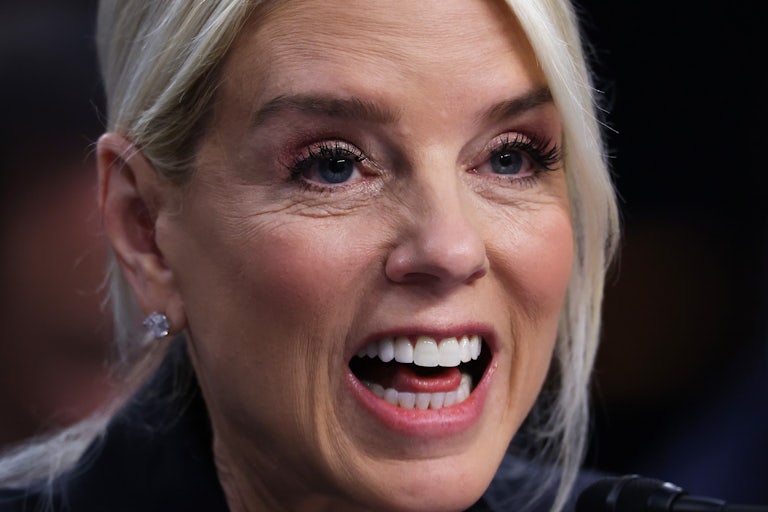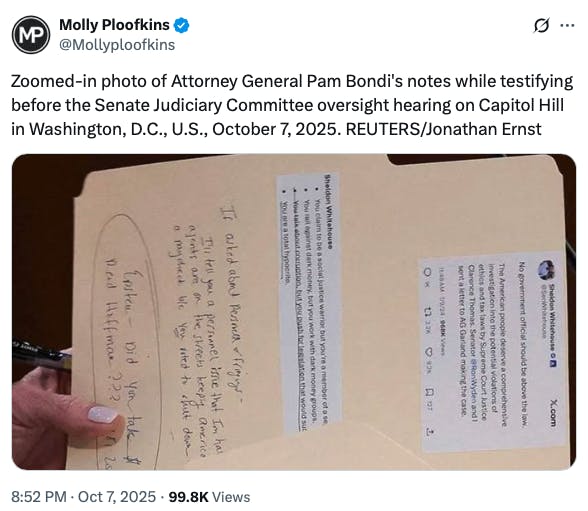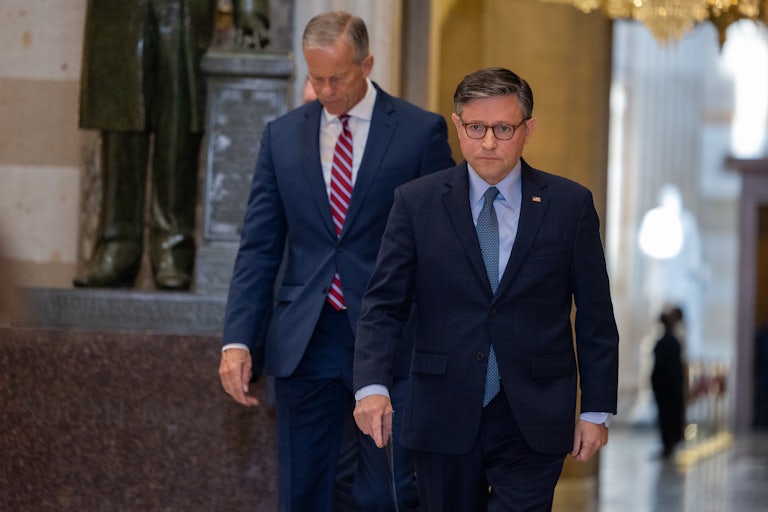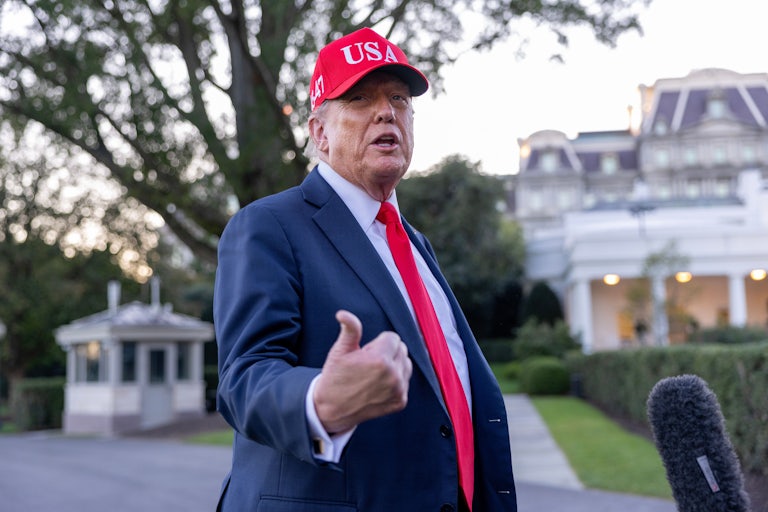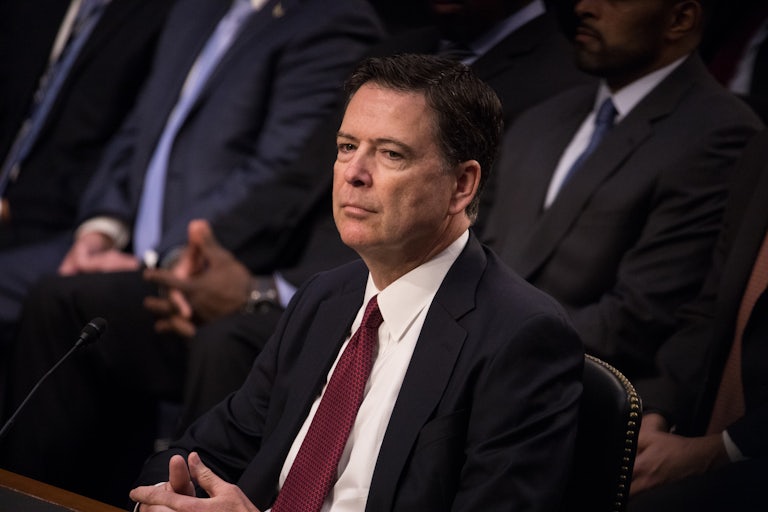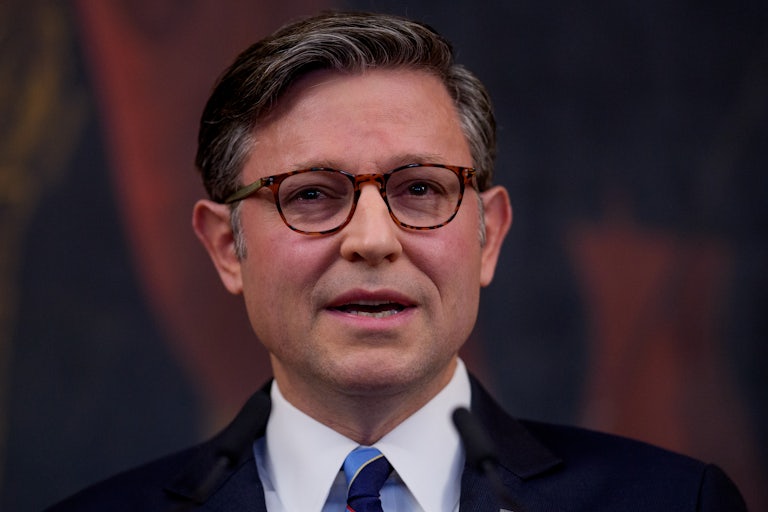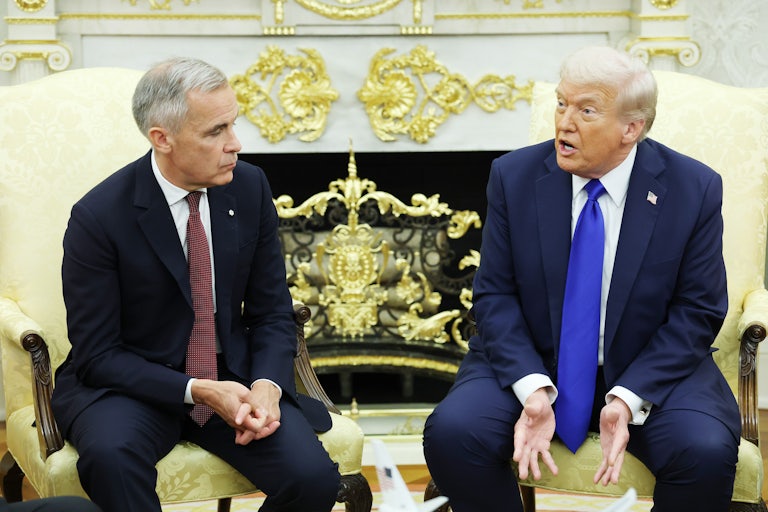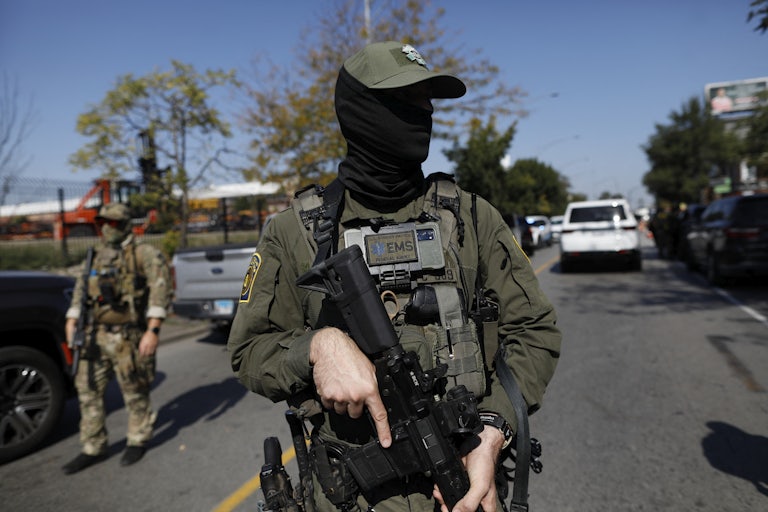Stephen Miller Gives Strange Interview on Trump’s “Plenary Authority”
The White House aide thinks Trump has ultimate power—and he admitted as much.
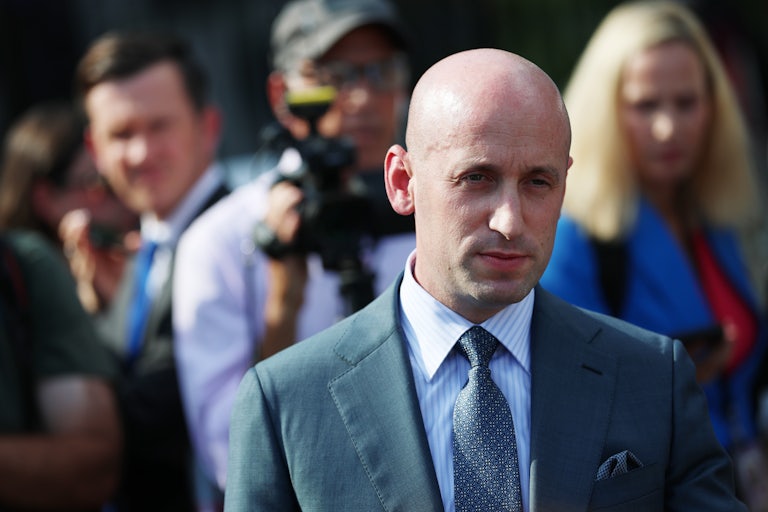
White House deputy chief of staff Stephen Miller is facing scrutiny online for his claim about the president’s possession of “plenary authority” in an odd CNN interview earlier this week.
Asked Monday if the Trump administration would abide by U.S. District Judge Karin J. Immergut’s ruling temporarily blocking the deployment of National Guard troops in Portland, Oregon, Miller abruptly stopped an answer after invoking that legal concept.
The White House aide noted that the administration was appealing the decision. “Under Title 10 of the U.S. Code, the president has plenary authority, has—” Miller added, before stopping short and staring into the camera, blinking silently, as CNN host Boris Sanchez asked if he could hear him.
CNN: Does the administration still plan to abide by that court ruling?
— Aaron Rupar (@atrupar) October 6, 2025
STEPHEN MILLER: The administration filed an appeal this morning ... ... ...
CNN: Stephen? Stephen? Can you hear me?
MILLER: ... ... ... pic.twitter.com/9JihkIV1nQ
Returning after a commercial break, the interviewer said the moment was spurred by a “technical difficulty,” telling Miller, “It seems like some wires got crossed.” Returning to his answer, Miller did not mention “plenary authority” again.
“I was making the point that under federal law, Section Title 10 of the U.S. Code, the president has the authority, anytime he believes federal resources are insufficient, to federalize the National Guard to carry out a mission necessary for public safety,” Miller said.
The clip has gone viral online, with many social media users speculating that there was no technical malfunction; Miller, they claim, had glitched out of panic, after accidentally revealing the authoritarian designs of the administration.
The term “plenary power,” after all, refers to “complete power over a particular area with no limitations.”
CNN’s statements cast doubt on the internet theories, as does the fact that Miller has used the phrase before. Nonetheless, his apparent claim that the president enjoys absolute, unfettered power to federalize the National Guard is indeed eyebrow-raising—and incorrect. As evidenced by Immergut’s ruling, the president’s power in that area is subject to certain constraints.
Under the statute to which Miller seemingly referred, the president can federalize the National Guard under narrow circumstances: to “repel” an “invasion,” “suppress” a “rebellion,” or execute laws that he is unable to “with the regular forces.” But, according to Immergut, these conditions were not satisfied in Portland—despite the administration’s hysterical claims—and the deployment would injure Oregon’s state sovereignty.
In decrying the ruling throughout the week—including equating it with “illegal insurrection”—Miller has shown his disdain for the entire concept of judicial review.
Miller has previously mused about “plenary authority.” After the president attempted to fire Federal Reserve board member Lisa Cook, Miller told reporters that “the president’s authority, as the head of the executive branch, to terminate executive branch employees is a plenary authority”—overlooking certain constitutional and statutory constraints.
Even if not for the exact reasons social media users believe, the “plenary authority” clip was indeed revealing, exemplifying the maximalist conception of presidential power pushed by Miller and the Trump administration.
